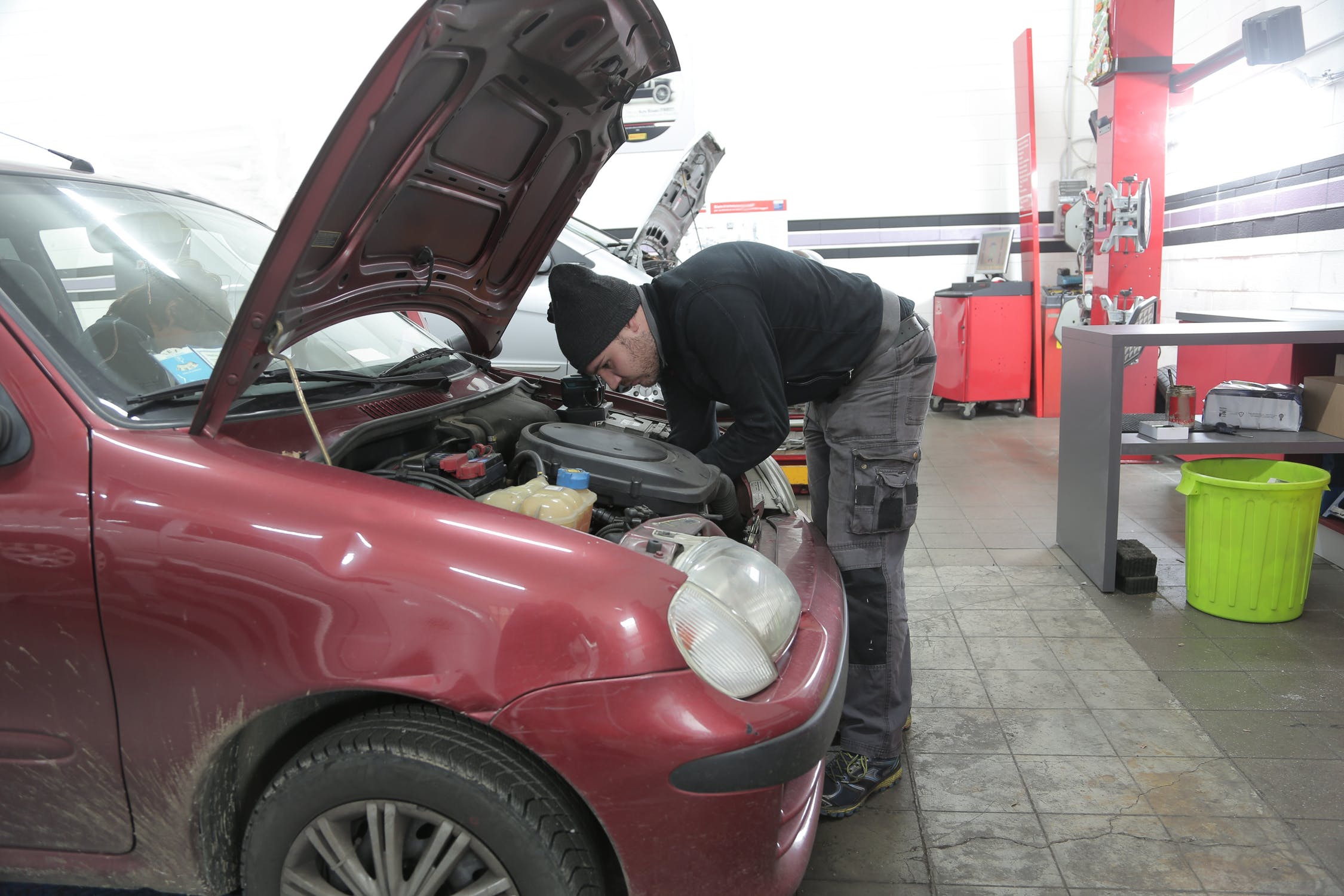Vehicle maintenance and troubleshooting can be daunting. Car manufacturers continue to advance their skills by introducing new computer-controlled elements that can help. With these advances, the complexity of a diagnosis and subsequent repair grows. People who do not know much about cars can have problems when sorting out an issue with their vehicle. Such people end up spending a lot of money to hire a mechanic to take care of their car problems. However, you do not need to take your car to the mechanic to diagnose a problem. You can now use OBD2 Pros to determine what is wrong with your vehicle. Read on to discover how you can diagnose an issue with your vehicle.
- Smell. A different or unusual smell on the inside or outside of your vehicle can tell you a lot about your car. Scents are easy and quick to detect. If you notice the smell of exhaust fumes in your car, it means that the fumes are finding their way into the cabin from somewhere under the vehicle. The smell of oil indicates that oil is leaking in the engine bay. In case your coolant is leaking, you will notice a sweet smell. All these and other smells are an indication that you have a leak.
- Look. Doing a few sight checks can help you avoid any trouble on the road. For instance, you should always check your tires before you hit the road. Check your tread depth and pressure. You may also notice some fluid collecting underneath your car. Fluids such as brake, steering, oil are essential to your car’s reliability and performance. Looking around your vehicle will not take much of your time. Keep an eye on your vehicle every time you pull out of a parking spot.
- Sound. You should know how your car sounds when it is idling versus driving. Every time you start your car, listen to the sound of the engine. Know the sound of your vehicle when it is in perfect condition so that you can detect any sound changes when there is a problem. If you hear a creaking sound when turning, your shocks may be worn-out, or your suspension may be damaged. Clicking sounds may indicate loose hubcaps or imbalanced tires. Problems with your brake pads may cause noises when you press the brakes. However, a backfiring noise may be caused by severe conditions such as moisture in the fuel system. If you hear any strange sound, take note of them and describe them to your mechanic.
- Warning Signs. While you should focus on the road when driving, you must look for any warning signs. When you see smoke on the hood, you may be facing a severe problem. Your dashboard will also notify you when something is wrong. The dashboard has some warning lights that you should keep on checking. An essential warning sign is the Check Engine light. If you see this light, consult a qualified mechanic.
With this information, you can now keep track of your vehicle’s performance.

